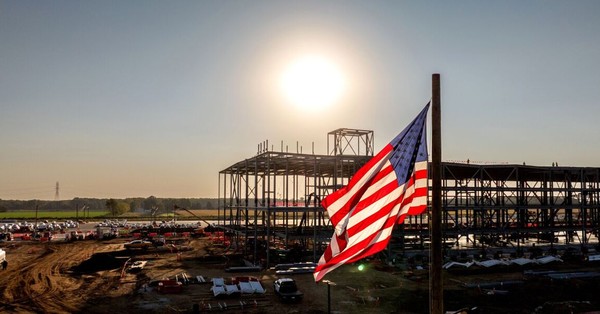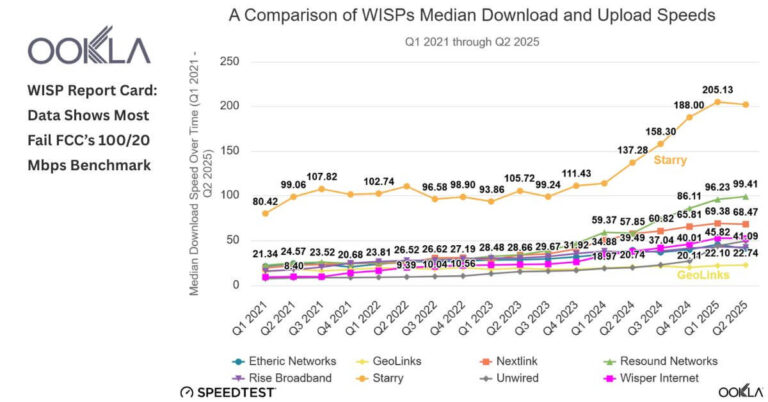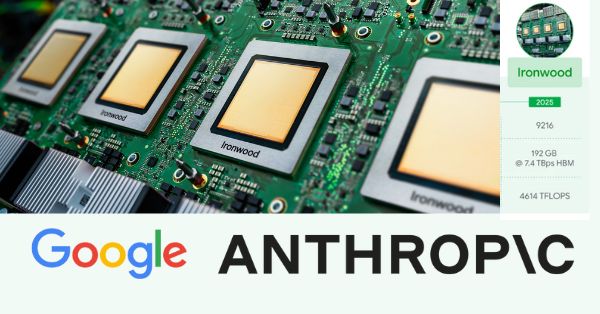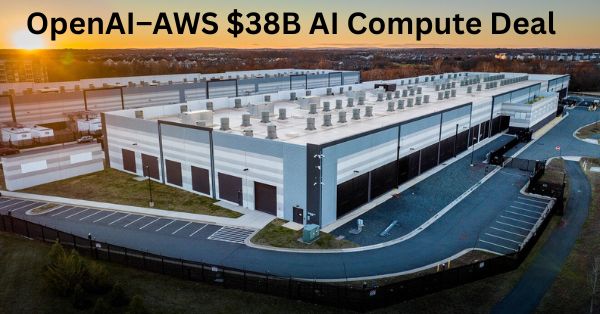- Tech News & Insight
- November 24, 2025
- Hema Kadia
Amazon Web Services plans a sweeping expansion of classified and government cloud capacity to accelerate AI and high‑performance computing for U.S. agencies. AWS will invest up to $50 billion starting in 2026 to deliver purpose‑built AI and HPC infrastructure for federal customers. The buildout spans AWS Top Secret, AWS Secret,





























